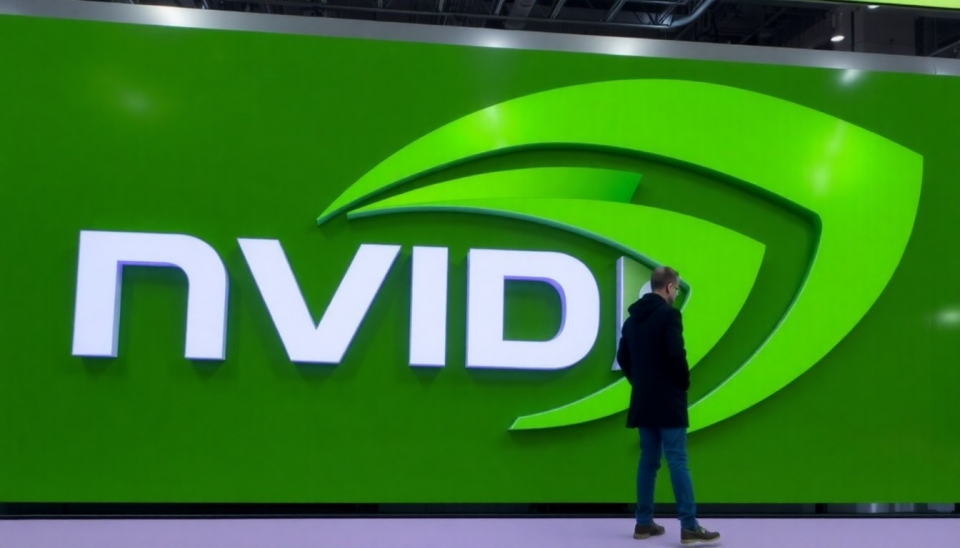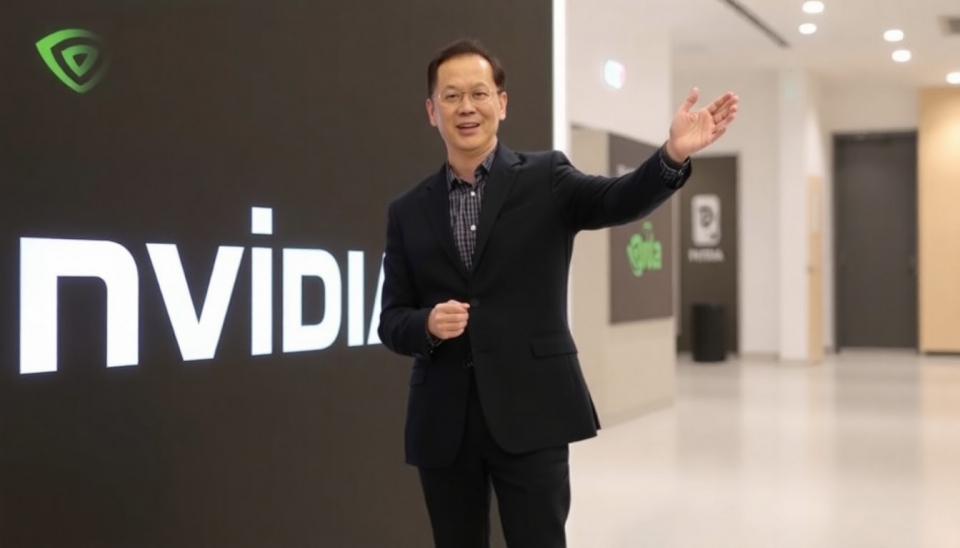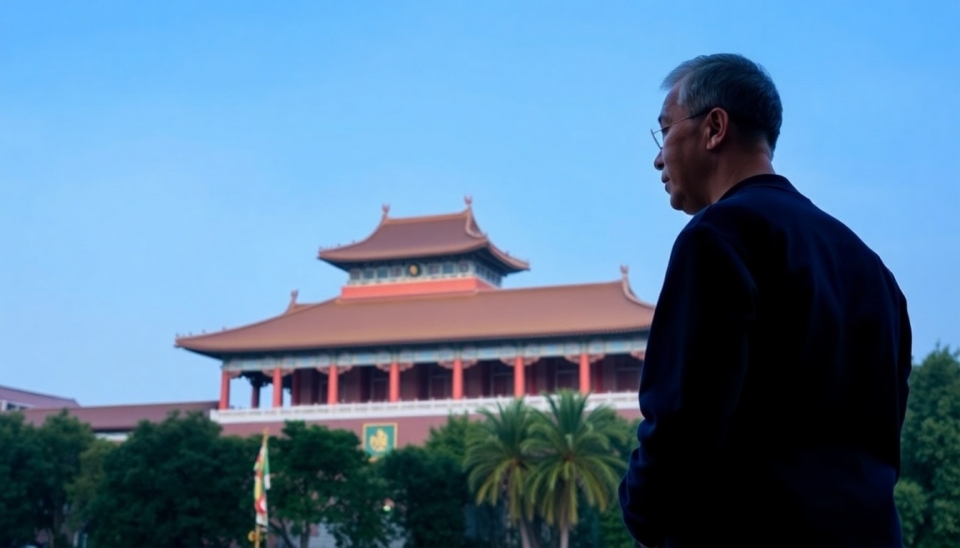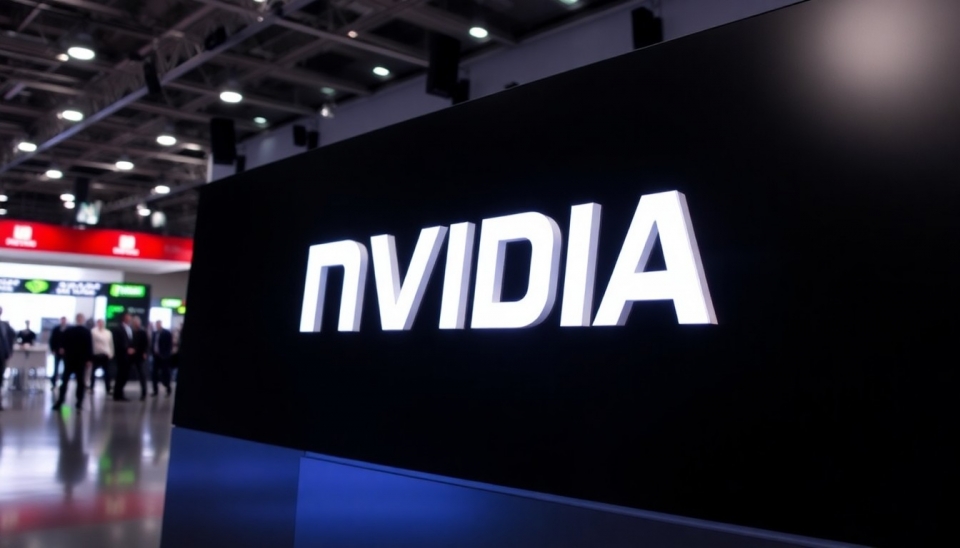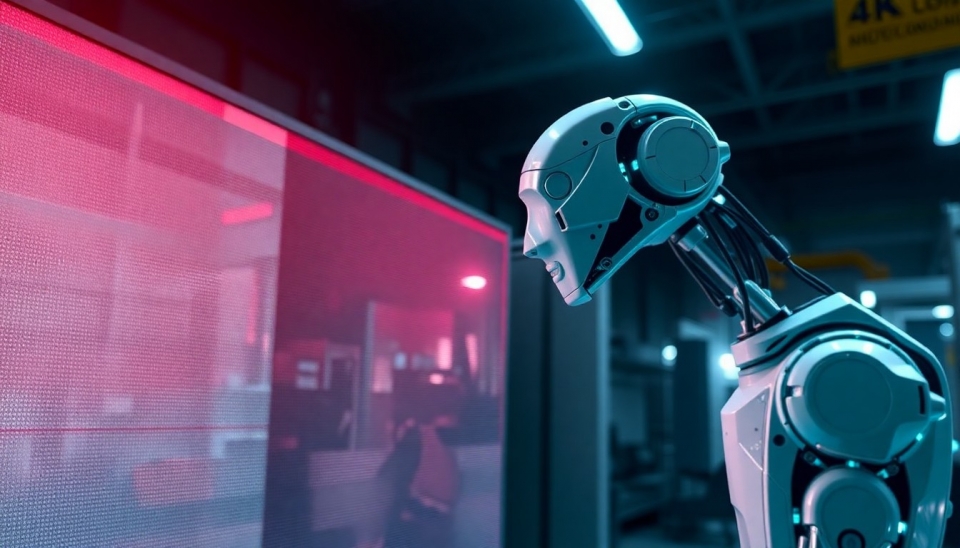
In a recent discussion, Jensen Huang, CEO of NVIDIA, shed light on the transformative impact of artificial intelligence (AI) and robotics on the manufacturing sector. During his presentation, Huang emphasized how these advanced technologies are not just enhancing efficiency but are set to fundamentally reshape the entire landscape of production.
Huang articulated that as industries increasingly adopt AI-driven solutions, the manufacturing process will become significantly more streamlined. He noted that AI robots can handle complex tasks that were previously reliant on human labor, ensuring higher precision and productivity while reducing the risk of errors.
The NVIDIA CEO underscored the potential of AI to predict and prevent production issues before they escalate. By analyzing vast amounts of data in real time, these intelligent systems can offer insights that lead to more informed decision-making on the factory floor. This transition towards smart manufacturing allows companies to minimize waste and maximize output, paving the way for a more sustainable production model.
Moreover, Huang pointed out that the integration of AI and robotics is not merely about replacing human workers; rather, it aims to augment their capabilities. By taking over repetitive and mundane tasks, AI systems can free up human employees to focus on more strategic and innovative pursuits. This shift is seen as a way to elevate the overall workforce, enhancing job satisfaction and fostering a more dynamic working environment.
The advancements in AI technology, particularly showcased through NVIDIA’s contributions, are setting the stage for a new era in manufacturing. Huang expressed optimism that these innovations will bring about significant growth opportunities and new job creation within the sector, despite concerns about automation leading to job losses.
As we look towards the future, the fusion of AI and robotics in manufacturing suggests a promising horizon marked by improved productivity, job evolution, and sustainability. The industry is poised for groundbreaking changes, positioning itself at the forefront of technological progress, thanks to the relentless efforts of pioneers like NVIDIA.
In conclusion, Jensen Huang's insights on the role of AI and robotics in manufacturing underline the potential for these technologies to not only enhance operations but also inspire a new workforce dynamic that prioritizes human creativity and intelligence. The conversation reveals a forward-looking approach that embraces innovation while being mindful of its implications for the labor market.
As companies continue to invest in AI and robotic technologies, the manufacturing sector is set to undergo a significant transformation, making it an exciting time for those watching the industry's evolution.
#NVIDIA #AI #Robotics #Manufacturing #Innovation #Technology #Sustainability #Industry40 #Automation
Author: Emily Collins
